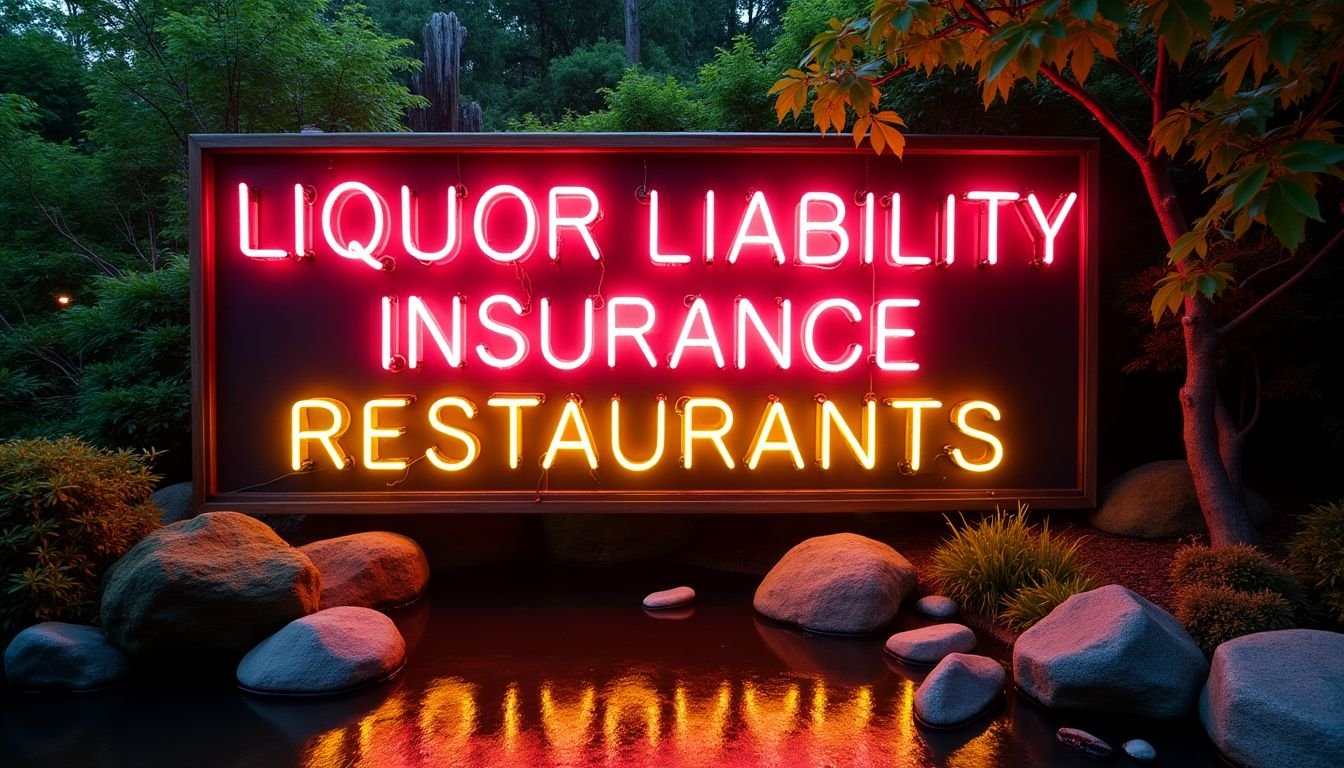As a winery owner, you’ve poured your heart, soul, and significant investment into your business. But have you given the same attention to protecting your assets? Essential property coverage for your winery isn’t just a safety net—it’s a critical component of your business strategy. In this article, we’ll uncork the secrets to safeguarding your winery’s future with the right insurance coverage. Don’t let unexpected events crush your dreams like overripe grapes. Let’s dive into the world of winery property insurance and ensure your vintage remains timeless.
The 7 Must-Have Property Coverage Types for Your Winery
1. Building and Structure Coverage: The Foundation of Your Protection
Your winery’s buildings are more than just walls and a roof—they’re the heart of your operation. Building and structure coverage protects against damage from fire, storms, and other unforeseen events. But here’s the kicker: many wineries underinsure their buildings, leaving them vulnerable to devastating losses.
Pro Tip: Conduct annual assessments of your property’s value to ensure your coverage keeps pace with rising construction costs and improvements.
2. Equipment Breakdown Coverage: Keep Your Operations Flowing Smoothly
From crushing equipment to fermentation tanks, your winery relies on a complex array of machinery. Equipment breakdown coverage steps in when mechanical failures threaten to halt production. Did you know that 30% of business interruptions in the wine industry are due to equipment failures? Don’t let a broken press crush your profits.
3. Inventory and Stock Coverage: Protect Your Liquid Assets
Your wine inventory is the lifeblood of your business. Inventory and stock coverage safeguards your precious bottles and barrels against theft, damage, or loss. Remember, as your wine ages and appreciates in value, so should your coverage limits.
Insider Insight: Consider “peak season” coverage to protect against higher inventory levels during harvest and holiday seasons.
4. Business Interruption Coverage: Weather the Storm of Downtime
What happens if a disaster forces your winery to close temporarily? Business interruption coverage helps replace lost income and covers ongoing expenses during downtime. This could be the difference between reopening your doors or closing them for good.
5. Crop Insurance: Nurture Your Grapes from Vine to Wine
Your vineyard is the source of your success. Crop insurance protects against losses due to weather events, pests, or diseases. With climate change increasing the frequency of extreme weather, can you afford to leave your vines unprotected?
6. Liability Coverage: Toast to Peace of Mind
While not strictly property coverage, liability insurance is crucial for wineries. It protects against claims of bodily injury or property damage that may occur on your premises. From slip-and-fall accidents to allergic reactions, liability coverage keeps your winery from becoming a lawsuit vintage.
7. Specialized Winery Coverage: Tailor-Made Protection
Many insurers offer specialized winery packages that combine multiple coverage types. These can include protection for:
- Wine leakage and contamination
- Tank collapse
- Mobile equipment used in vineyards
- Wine in transit
Frequently Asked Questions About Winery Property Coverage
Q: How much property insurance does my winery need?
A: The amount of coverage depends on various factors, including the size of your operation, value of assets, and potential risks. A thorough risk assessment with an insurance professional specializing in wineries is crucial.
Q: Can I bundle different types of coverage for my winery?
A: Absolutely! Many insurers offer comprehensive winery packages that combine property, liability, and specialized coverages. This can often be more cost-effective and ensure there are no gaps in your protection.
Q: How often should I review my winery’s insurance coverage?
A: At minimum, review your coverage annually. However, it’s wise to reassess whenever you make significant changes to your operation, such as expanding your vineyard or adding new equipment.
Conclusion: Insure Your Legacy, One Sip at a Time
Protecting your winery with essential property coverage isn’t just about mitigating risks—it’s about preserving your legacy. By understanding and implementing these seven crucial coverage types, you’re not just insuring buildings and equipment; you’re safeguarding the fruits of your labor and the dreams of generations to come.
Don’t wait for disaster to strike before realizing the importance of comprehensive coverage. Take action now to ensure your winery’s story continues to be told through every bottle you produce. After all, the best wines—and the best-protected wineries—only get better with time.
Remember, in the world of winery insurance, it’s better to have it and not need it, than to need it and not have it. Cheers to a well-protected, prosperous future for your winery!
Consider choosing a winery insurance plan through Panorama Insurance Agency, which has been in the business since 1973. Contact us online or at (818) 781-6630 to get a free quote.







